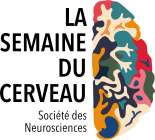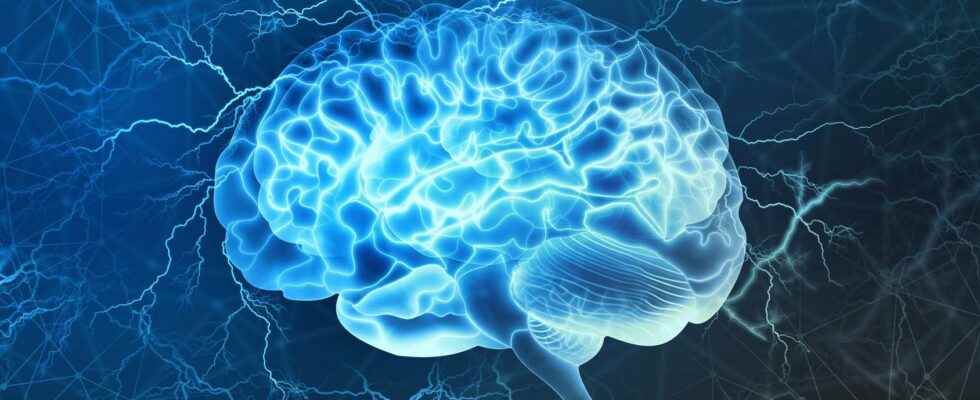You will also be interested
[EN VIDÉO] “Children’s brains, infinite potential?” » : learn to be In this excerpt from the documentary Le Cerveau des enfants, an infinite potential? by Stéphanie Brillant, released by Jupiter Films and released in France on May 23, Allan Shore, an American psychologist, talks about the importance of the mother-child relationship in brain development. With the infant, he explains, the interaction is gestural and behavioral: the mother has nothing else to do but be herself so that the baby learns to be, too.
What makes the brain human so special compared to that of an animal? Its organization, its cells? In a study published in Nature Neuroscienceresearchers from theallen institute in Seattle and the University of Szeged in Hungary provide part of the answer: they have found in the human brain a new type of cell never before seen in animal models.
Scientists have nicknamed them ” neurons rosehips” because of their morphology evoking a rose that would have lost its petals. It is neurons inhibitors that use the Gaba like neurotransmitter and dampen the activity of other neurons. Researchers are uncertain whether these cells are specific tospecies human, even if they did not find them in the brains of rodents.
Inhibitory neurons of the human cortex
For their work, the researchers dissected the brains of deceased men in their fifties, who had donated their bodies to science. They made sections of the superficial part of the brain : the cortex. In Hungary, scientists looked at the shape and electrical functioning of cells, and in the United States at the expression of Genoa. American researchers have found a signature genetic particular in these cells, never observed in rodent neurons. The Hungarian researchers have shown that these neurons make synapses with pyramidal neurons: they are therefore interneurons.
Scientists want to continue studying these cells to find out if they play a role in certain neurological pathologies. Moreover, the absence, in mice, of typically human neurons raises the question of the reliability of these animal models for the study of diseases such as Alzheimer’s.
In addition to the workshops offered throughout France by the Society of Neurosciences, originally Brain Week, Futura highlights the latest scientific advances concerning our ciboulot. Cognition, psychology or even unusual and extraordinary stories, a collection ofitemsof questions answers and of podcast to be found all this week under the tag ” brain week » and on our social networks!

Interested in what you just read?
